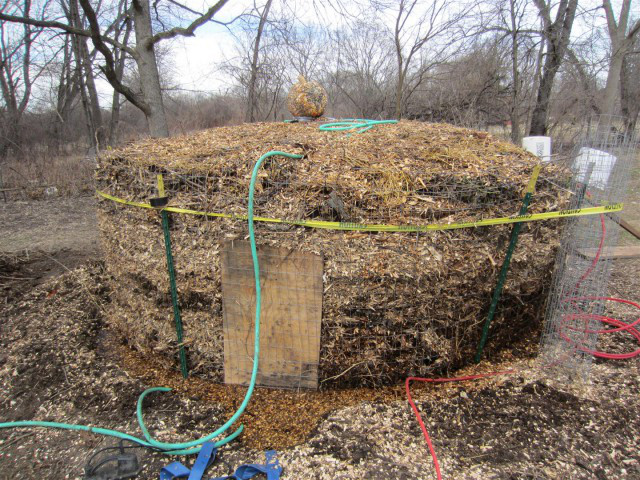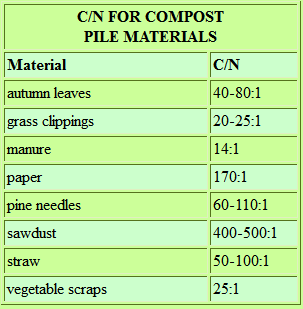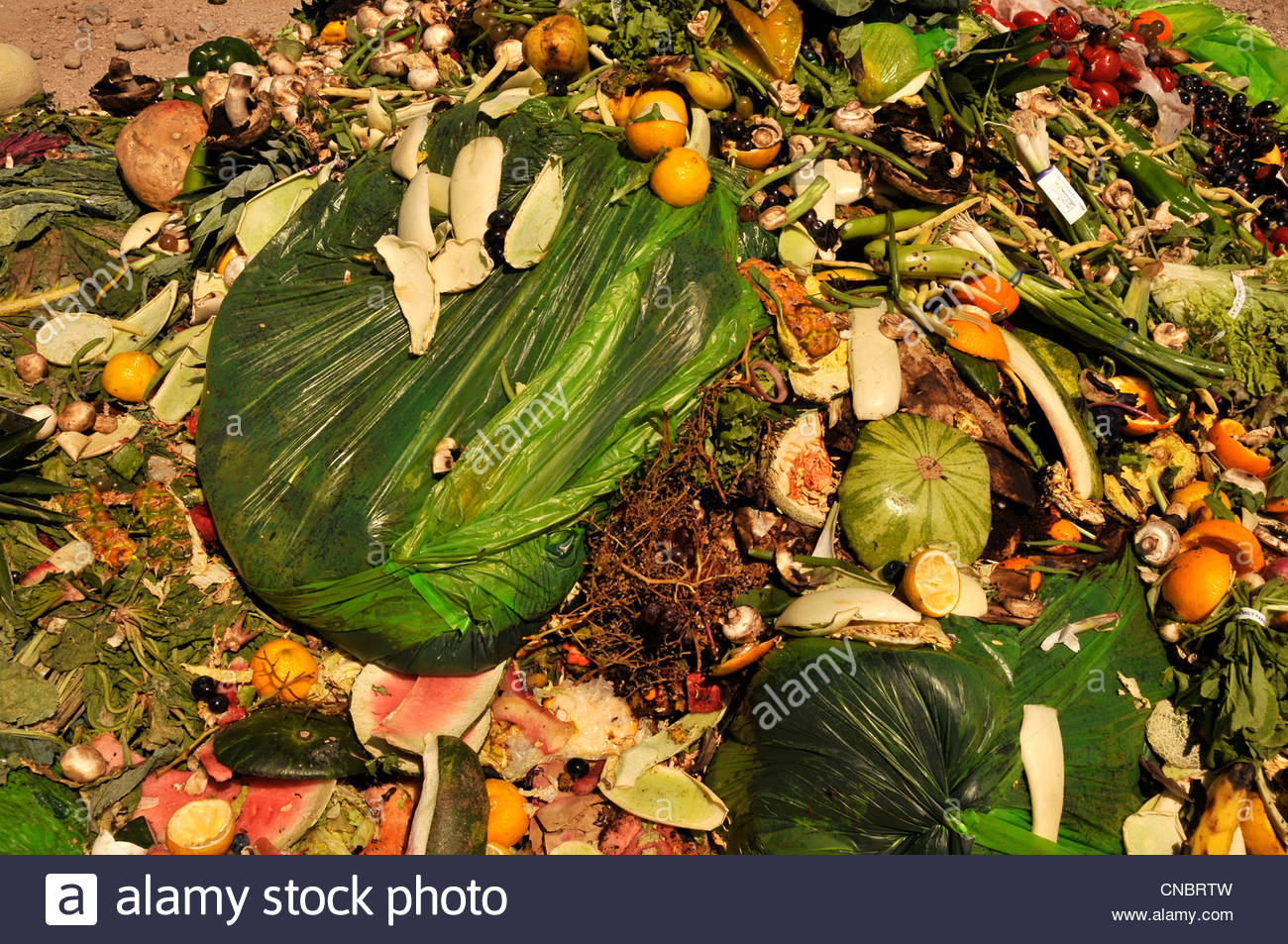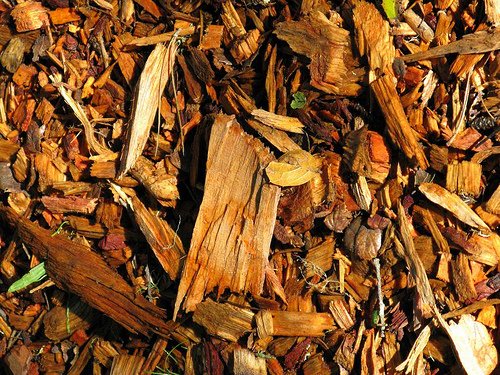COMPOSTING FOR AGRICULRAL USE (part 3)
Being The including part of this Title; I Will be presenting Key Factors that affect The Expected Speed of composting
Also Materials that are suitable for composting Will be brought to fore
Stay on.
As it occur in various other endeavours in processing, either to enhance it or limits its success, composting is not left out.
The following are some Key Factors that affect the speed viz:-
A. Temperature
This a very important factor in composting process and its relates to prosper air and moisture levels. Outside air temperatures can impact the decomposition process. Warmer Outside temperatures in late Springsteen, winter and early fall stimulate bacteria and speed up decomposition. Los winter temperatures Will show or temporarily stop The composting process. As the microorganisms work to decompose the compost, they give off the heat which in turn increases pile temperatures
B. Air
Many microorganisms, including aerobic bacteria, need oxygen. Therefore, proper aeration is very vital, so it is a Key environmental factor. Sufficient oxygen is needed to produce energy, grow quickly and consume more materials. The replacement of oxygen that is air deficient in a comer must pile with air containing oxygen requires aeration.
Natural aeration occurs when air Warned by composting process Roses through the pile, bringing in fresh air from the surroundings. Aeration can also be affected by wind, moisture content, and porosity, ie, spaces between particles in the compost pile).
C. Food
Organic Materials provide food for organisms in the form of carbon and nitrogen. Carbon and nitrogen are therefore necessory for the growth and reproduction of bacteria. Carbon-rich materials are dey, this produces less food and so it will not decompose quickly at the stipulated time. The ones with higher nitrogen will decompose more quickly.
D. Moisture
 Decomposers organisms need water to survive. Microbial activity occurs most rapidly in thin water films on the surface of organic materials. Microorganisms can only utilise organic molecules that are dissolved in water. The optimum moisture content for a compost pile should range from 40 to 60%. If it falla below 40% moisture bacteria show down and May become dormant. If than is more tan 60%, water force air out of pile pore spaces, suffocating aerobic bacteria. The ideal percentage of moisture will depend on the organic material's structure.
Decomposers organisms need water to survive. Microbial activity occurs most rapidly in thin water films on the surface of organic materials. Microorganisms can only utilise organic molecules that are dissolved in water. The optimum moisture content for a compost pile should range from 40 to 60%. If it falla below 40% moisture bacteria show down and May become dormant. If than is more tan 60%, water force air out of pile pore spaces, suffocating aerobic bacteria. The ideal percentage of moisture will depend on the organic material's structure.
Materials for Composting
What are the ideal or suitable materials for composting, one may ask.
The Materials put into pile for composting have great impact on how well the composting process works and the quality of the final compost. The Key to good composting is to have a variety of Materials and a *balanced carbon to nitrogen ratio.
See table below:

Variety increases The type of microorganisms at work on the pile the chances of obtaining a nutrient rich compost. Occasionally it May be helpful to find free and cheap local sources of organics to add to a pile.
Bellow are some of the materials


The list may incluyde but not límited to the follwinhg:
Bledding, herbívorous
Blood meal
Coffee grounds
Crushed egg shells
Lame weeds
Leaves
Bone meal
Manure etc etc etc.
Conclusion
It is interesting for the farmer and healthy for the consumer of farm produce produced with organic compost (natural manure).
The Government should, as a mater of necessity,
encourage composting activity in order to have a heathier society.